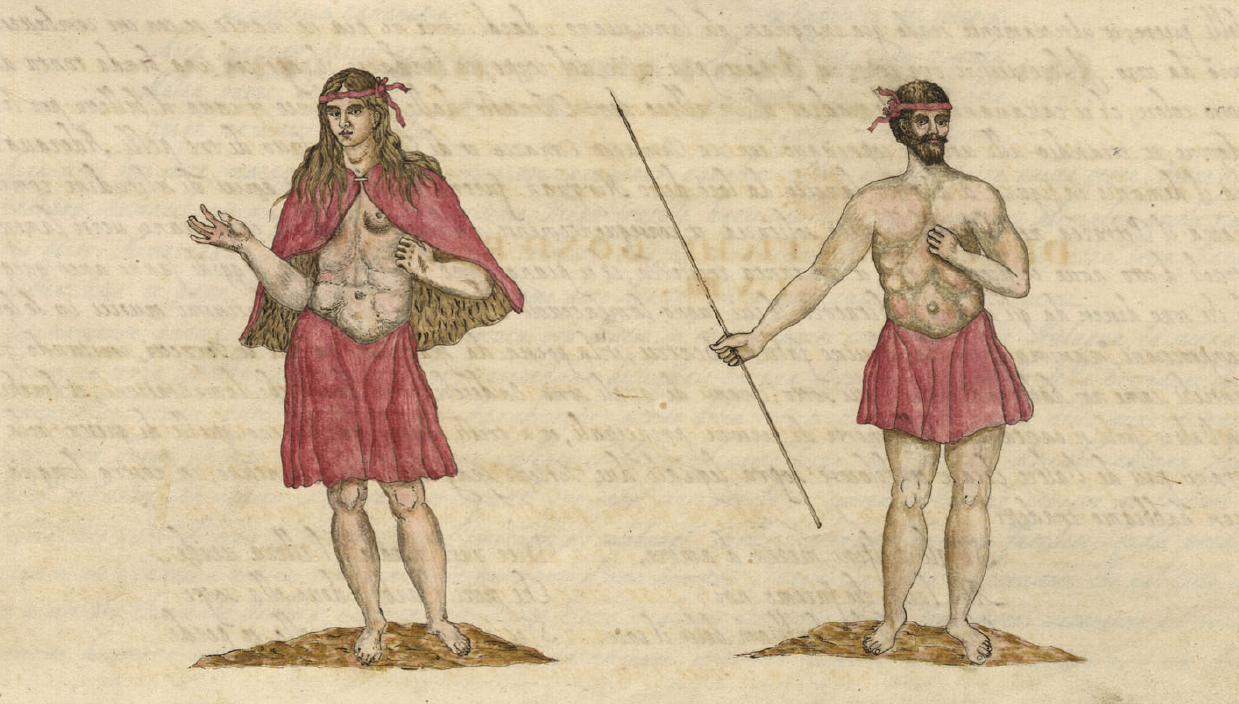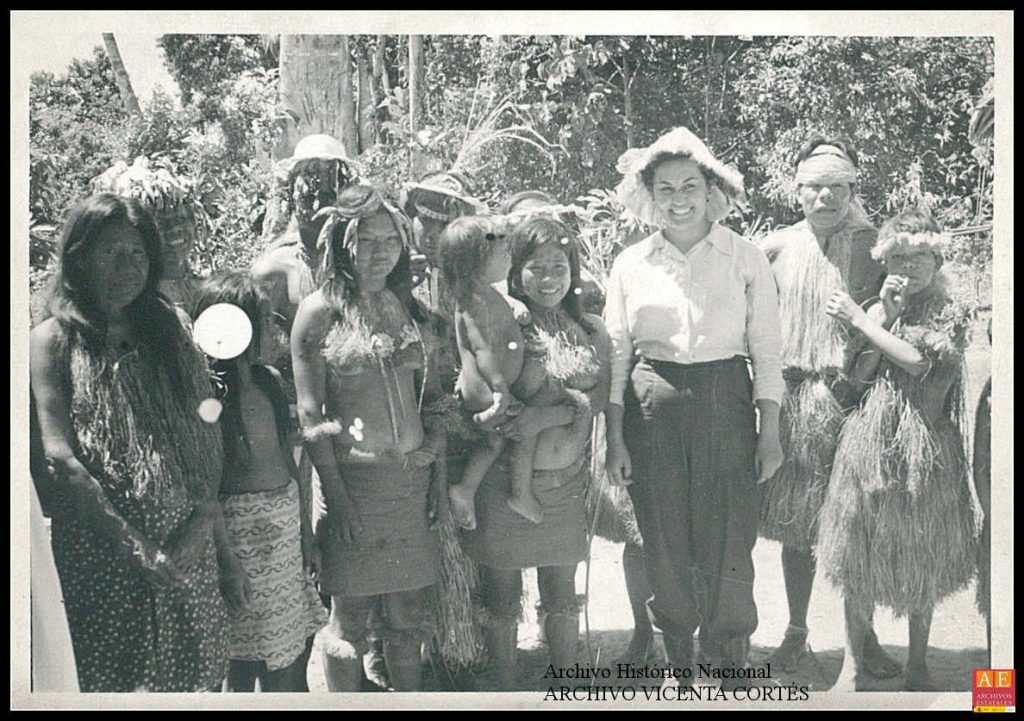Blacks from Gran Canaria, Moorish from Lanzarote
In memory of my mum, Carmen Alonso Suárez, a Tirahanera by her origins, a Teldense at her heart, a Palmense because of her birth and a Schamannera through rooting.
Not long ago a newspaper article attributed the non-existence of a Chinatown in the Canary Islands to the double fact that the Chinese community resident in the Archipelago is small, and to the integrationist spirits of the Canarian population.
The truth is, unlike what is usually understood as cosmopolitanism in large Western cities, which in its less friendly side results in the progressive formation of neighbourhoods where only people belonging to the same ethnic or social group coexist and interrelate, the cosmopolitan character of the Canary Islands is due to the happy paradox that their very nature as islands, and more specifically as small islands, tends to make it difficult to form closed human groups, and no less decisive in this context has been the lack of a clear-cut division between urban and rural areas, forcing the lack of physical distance, in both cases, to coexistence and social interaction. This is undeniably positive and desirable.



